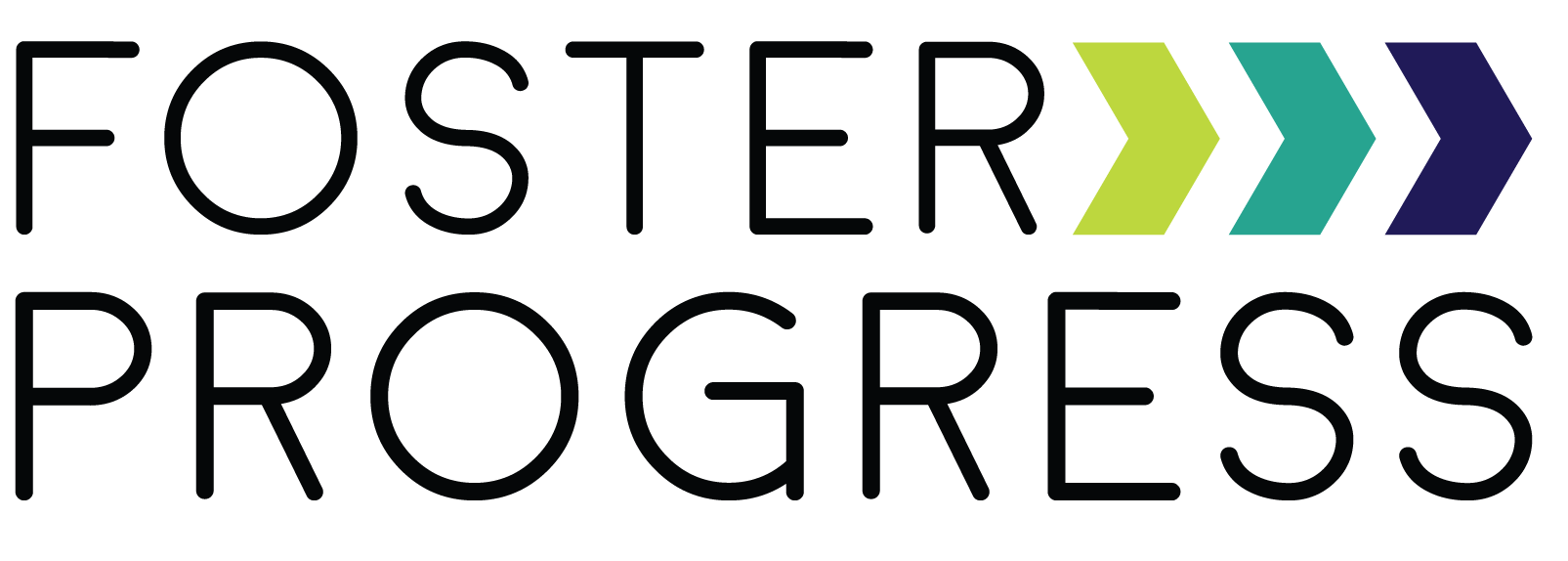Ashley's Story, Part 1
I was adopted when I was nine years old after spending five years in the Illinois foster care system. My siblings and I were removed from my biological home when I was four years old. As a young child, I was embarrassed and ashamed of this part of my life and kept it a secret for a long time. I remember being in elementary and high school and having to do family tree projects. My stomach would knot up thinking about how to present my family tree without disclosing my background in foster care and then the fact that I was adopted. The stigma that “foster kid” carried was too heavy for my young soul to handle.
My biological parents struggled with substance abuse, domestic violence, mental health, and a plethora of other issues. One day my dad beat my mom up so badly that we had to go to the hospital. It was at that point my siblings and I were put into protective custody and placed in our first foster home. It was a place that was physically abusive, but the worst part was the emotional abuse. My siblings and I were separated from each other, kept in different parts of the house, and not allowed to see each other or play together. When we told our caseworkers and our biological mom about this, they tried to get us removed, but the system often doesn’t trust the word of biological parents. We stayed in that home for over a year. About six months after we were removed, a two-year-old child drowned in the toilet.
Our second foster home was an “emergency” placement. The foster mom, Mrs. Johnson, was a sweet older lady, but the home was over capacity with eight other children. At age 5, I was the oldest. My siblings and I stuck together, comforting and protecting one another. For the few months we were there, Mrs. Johnson fed us and did her best to keep us together, but she had little time to give us any real attention.
Our third foster home would become our "forever home," our adoptive home.
Although my foster care story is unique, as is everyone’s, there are threads that are common to many who are “in care,” the phrase that is used to describe children in the foster system. In the early 90s, we were just three kids of the 50,000 in care in the state of Illinois. Two of those common threads are what we witnessed and experienced in our biological homes: substance abuse and domestic violence. According to the Child Welfare Information Gateway, “for almost 31 percent of all children placed in foster care in 2012, alcohol or drug abuse was the documented reason for removal, and in several states the percentage surpassed 60 percent.” Data indicates that about 30 million children will witness family violence before the age of 17, and in many of those homes, 30 to 60% of that violence will spill over to become maltreatment of a child.
As one would expect, these experiences often have negative effects on the social, emotional, and educational development of a child in care, and I was no exception. When I arrived in the third foster home, I was significantly behind academically. At not quite six years old, I didn’t know my ABCs or how to count. The first time my new parents gave me a piece of paper and a marker with which to color, I proceeded to jab holes into the paper. Coloring was a foreign concept to me. Instead of learning basic skills like drawing and counting, I had been busy changing my baby sister’s diapers and making sure my siblings and I had food. I also hadn’t learned social skills from healthy adults, so I struggled to interact appropriately with peers. The result was that I barely passed the first grade and was placed in a full-time special education classroom for the second grade.
So how did I go from that beginning to becoming a college graduate with an advanced degree? Thankfully, that is also part of my story. Stay tuned for part two of my journey.
